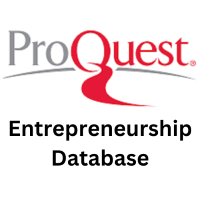
Entrepreneurship Database (ProQuest)
Information for entrepreneurs and researchers that includes business start-up plans, video clips, journals, business cases, and more.

Information for entrepreneurs and researchers that includes business start-up plans, video clips, journals, business cases, and more.

Ferguson's Career Guidance Center is a comprehensive resource for career exploration and planning that allows users to quickly find the valuable career information they need, whether it's industry and professions articles, school planning resources, or skills and career advice.

Fold3™ Library Edition by Ancestry provides convenient access to US military records, including the stories, photos and documents of the men and women who served. It contains millions of records from world-class archives, many of which are exclusively available on Fold3. Fold3 is invaluable for historians, genealogists, researchers, military enthusiasts, veterans and their families, teachers and battle reenactors. The Fold3 name comes from a traditional flag folding ceremony in which the third fold is made in honor and remembrance of veterans.
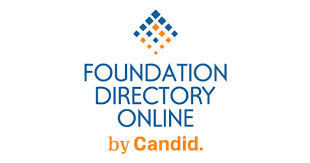
Foundation Center Online Professional the premier resource for locating in-depth information about grantsmakers and their grants. Includes profiles for 140,000 grantmakers and 4 million grants. This resource is available for in-library use only. Please visit your local branch for access.
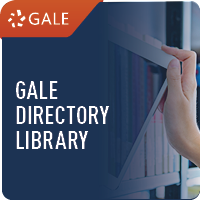
Gale Directory Library provides digital access to reference works including the Encyclopedia of Associations, Market Share Reporter, National Directory of Nonprofit Organizations, and Scholarships, Fellowships and Loans.
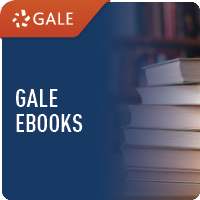
Gale eBooks is a database, in e-book format, of encyclopedias, almanacs, and specialized reference sources for research topics on the arts, biographies, education, the environment, history, medicine, multicultural studies, the nation and the world, religion, science, and social science.
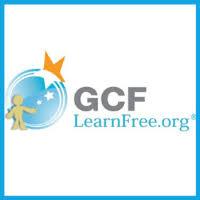
Learn the essential skills needed to live and work in the 21st century. From Microsoft Office and email to reading, math, work skills, and more...125 tutorials, including more than 1,100 lessons, videos, and interactives. Completely free, you just need to create an account.
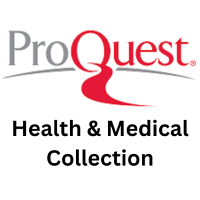
This database offers reliable, comprehensive journal coverage of clinical and biomedical topics, consumer health, health administration and more.
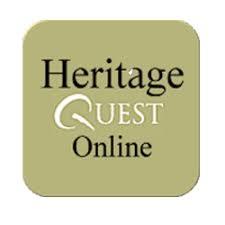
HeritageQuest Online is a library resource for census data, family records, and local histories. This collection assembles US federal census, family genealogies, local histories, tax lists, city directories, land and probate records, birth, marriage and death records, genealogical and local history serials, and more. HeritageQuest Online includes special collections including the Periodical Source Index (PERSI), Freedman's Bank Records, Revolutionary War Pension and Bounty Land Warrant Index.
3.5 million pages of digitized content from over 1,000 North Carolina county newspapers.